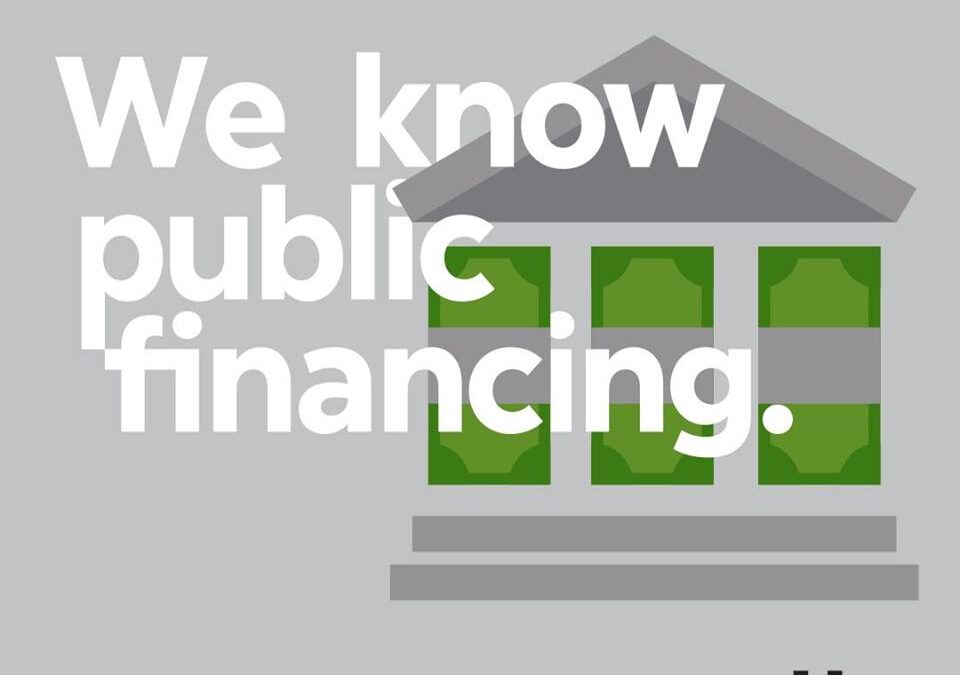Public-private partnerships (PPPs) are collaborative agreements between government entities and private sector companies designed to complete projects that benefit the public. Public-private partnership consulting firms play a crucial role in facilitating these arrangements, offering expertise in planning, funding, strategic development, and implementation.
Why Local Governments Engage PPP Consulting Firms
- Expertise in Planning and Development: PPP projects are often complex, involving extensive planning and regulatory considerations. Consulting firms provide specialized knowledge in project structuring, feasibility studies, and risk assessment, which are vital for the success of these projects.
- Access to Funding and Financial Models: One of the biggest challenges in public projects is securing adequate funding. PPP consulting firms help local governments explore various financing options, including loans, grants, and private investments. They assist in creating attractive and sustainable financial models that appeal to both public entities and private investors.
- Strategic Guidance: These firms offer strategic advice on the legal, economic, and social implications of PPP projects. They help define clear roles and responsibilities for all stakeholders, ensuring transparency and alignment with public interests.
- Implementation and Management Support: Beyond planning and funding, PPP consulting firms often oversee the implementation of projects. They ensure that all phases of the project meet agreed-upon standards and timelines, managing complications and changes effectively throughout the project lifecycle.
How PPP Consulting Firms Facilitate Successful Partnerships
- Stakeholder Coordination: Consulting firms act as mediators between public agencies and private companies. They ensure that all parties are on the same page, from the initial contract negotiations to the final stages of project completion.
- Regulatory Compliance: They help projects adhere to local, state, and federal regulations, which is critical in avoiding legal issues and ensuring smooth operation.
- Community Engagement: Effective PPPs require the support of the community. Consulting firms often coordinate outreach programs to educate the public, gather feedback, and build support for the projects.
- Performance Monitoring: To guarantee that public-private partnerships deliver on their promises, consulting firms implement performance monitoring systems. These systems track the progress of the project against its objectives and make adjustments as necessary to ensure success.
Choosing a PPP Consulting Firm
When selecting a PPP consulting firm, local governments should consider several factors:
- Experience and Track Record: Look for firms with a strong history of successful PPP projects, particularly in the relevant sector (such as transportation, healthcare, or infrastructure).
- Expertise in Relevant Areas: Ensure the firm has experts in finance, law, and project management, as well as a deep understanding of the specific challenges faced by public projects.
- References and Case Studies: Ask for references and detailed case studies from previous projects. This will give insights into the public-private partnership consulting firms approach and effectiveness in real-world scenarios.
dtarealestate
Real estate buyers have a firm idea in mind of what they want in a real estate property. From the number of bedrooms to a garage, they will be settled on a property that has what they want. However, there are some issues a buyer cannot sport but a real estate agent can easily spot. Things such as leaks, furnace issues, mold and insect issues, and roofing problems. DTA real estate will recognize the signs of these problems. This knowledge and experience can save you a lot of money. https://www.financedta.com


